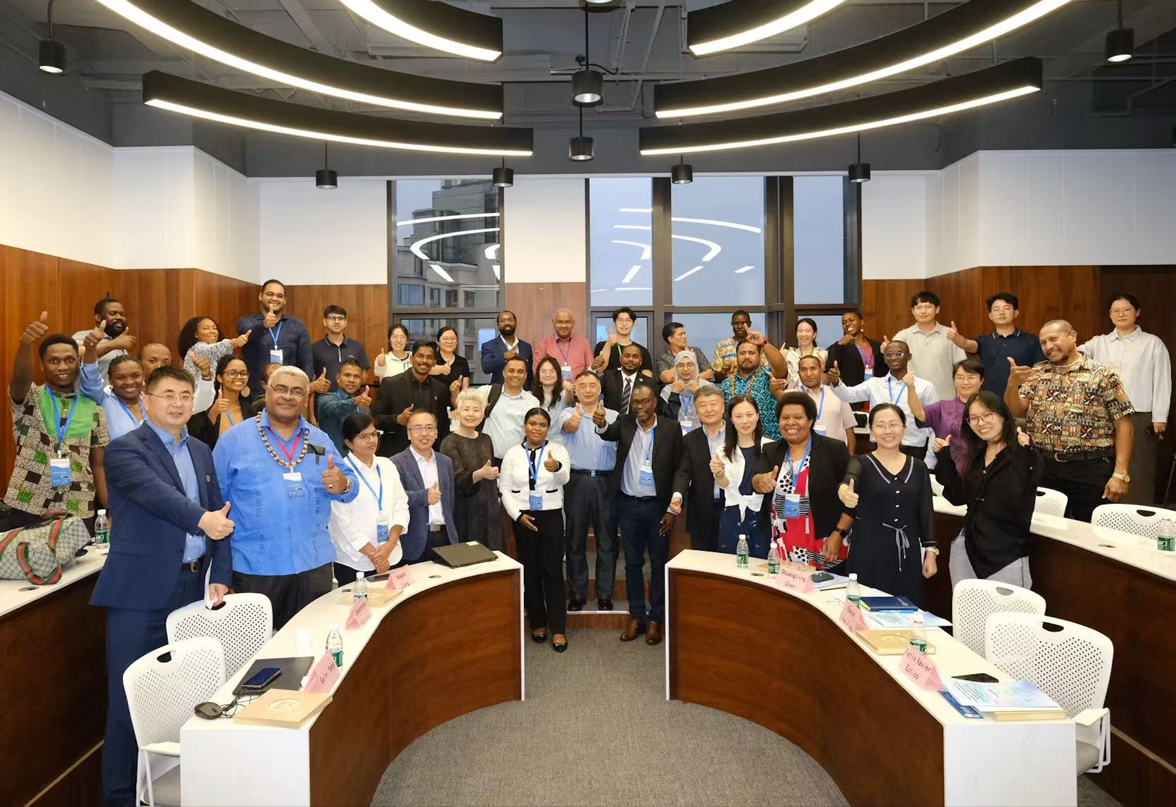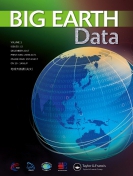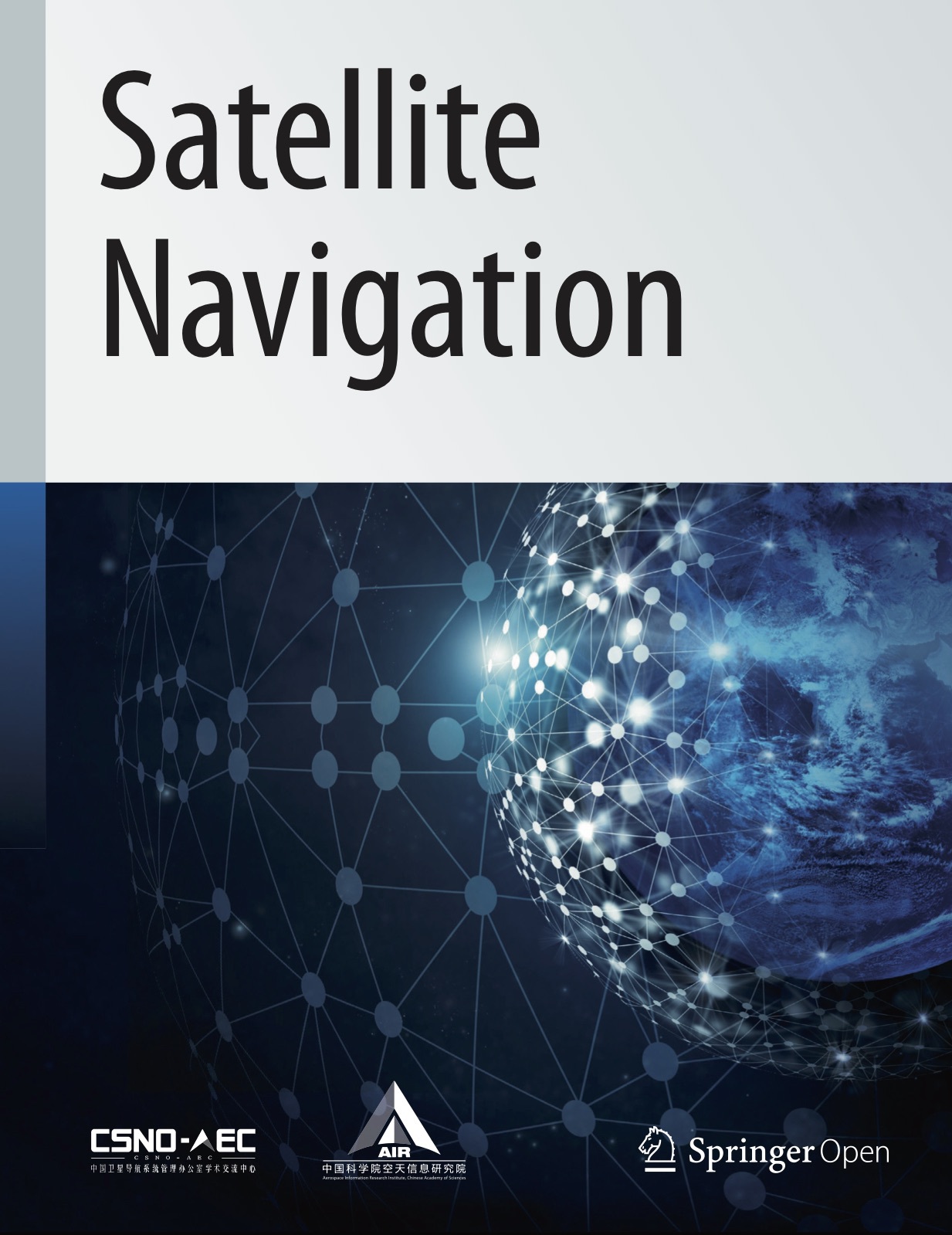
A team of Chinese researchers has systematically mapped and analyzed the cultural landscape of historic fortresses in Tianshui, Gansu Province, northwestern China, shedding new light on a long-overlooked form of grassroots heritage. Using a combination of field investigations and geographic information technologies, the study identified 718 fortresses across the region, revealing their spatial distribution, historical significance, and the natural and social forces that shaped them. The findings, published in Humanities and Social Sciences Communications also led to the creation of the first cultural landscape database of Tianshui fortresses, offering vital support for local cultural preservation and heritage tourism development.

A research team led by Professor LU Shanlong from the Aerospace Information Research Institute (AIR), Chinese Academy of Sciences, has developed a machine learning approach to simulate three-dimensional (3D) underwater topography of lakes. The study, published in Big Earth Data, introduces a method based on the XGBoost algorithm that requires only a digital elevation model (DEM) as input. This study provides a promising solution for generating lakebed topography in regions where data are limited.

A new study has, for the first time, mapped long-term, large-scale transport pathways of PM2.5 pollution across China from 2000 to 2021. Published in Geoscience Frontiers, the research introduces an innovative data-driven framework based on the Dynamic Times Warping (DTW) method to trace how air pollutants have moved across the country during the two decades. The findings offer critical insights into the evolution of PM2.5 transport and provide scientific support for more effective air quality management.




- 28 Aug 2025 PIFI Seminar: What Would It Take for AI to Become Conscious---Understanding AI's Limits and Possible Directions Zoom August 28, 2025
- 09 Aug 2025 PIFI Seminar: Unlocking Sentinel-1 GRD/SLC Synergy for Precision Phenology Monitoring in Arid Cotton Fields Zoom August 11, 2025
- 16 Jul 2025 PIFI Seminar: A Threefold Approach for Acceleration of Sustainable Development Goals and Their Modelling B801, Aerospace-B July 17, 2025
- Profile
- Leadership
- People
- Campuses
- Visiting AIR
- Contact Us
ABOUT AIR
- Research News
- Big Science Infrastructure
RESEARCH
- Overview
- CAS Members
PEOPLE
- Overview
- Supervisors
- Support at a Glance
- Campus Life
EDUCATION
- Focus on
- Research News
- News Updates
- Events
Newsroom
- ChinaGEO
- CASEarth Data
DATA SERVICES
- Publications
- Multimedia




















